What Is a CRM Administrator and Their Responsibilities
Client relationship management (CRM) systems are crucial to preserving and improving customer connections. The CRM Administrator is a role that plays a key part in the successful management of these systems behind the scenes. We’ll go into the world of CRM administration in this blog post, looking at its description, main duties, and value to enterprises.
An internal resource known as a CRM administrator is in charge of maintaining a CRM system and ensuring that it is used efficiently throughout the company. They act as a link between the system’s technical components and the operational procedures it supports. A CRM administrator’s primary duties include:
- Supporting End Users: A significant part of a CRM administrator’s role involves working closely with end users to ensure they have a seamless experience with the system. This includes troubleshooting issues, providing user support, and addressing questions or issues.
- System Maintenance: CRM administrators are responsible for ensuring the CRM system’s uptime and seamless operation. They keep an eye on the system’s performance, make updates, and quickly fix any problems.
- Data Management: Data is the lifeblood of any CRM system. Administrators handle tasks such as data entry, data cleansing, and data deduplication. They guarantee the accuracy and integrity of the data stored within the CRM.
- Security Management: CRM administrators are essential in managing user access and permissions. They oversee security settings, ensuring that only authorized users have access to the system and its data.
- Training and User Adoption: User adoption is crucial for a CRM implementation to be successful. Administrators organize training sessions to introduce users with the system’s features and promote its efficient use across the organization.
- Enhancements and Upgrades: Administrators work on implementing changes and enhancements as the CRM system develops. They keep up with new features and make sure the system complies with the organization’s shifting requirements.
The position of a CRM administrator emerges as a keystone in maintaining optimum system performance and user engagement in the complicated world of CRM systems. CRM administrators wear many hats to keep the CRM engine working well, handling anything from addressing technical complexity to serving end users, managing data, and promoting system advancements. Their efforts are essential to a company’s capacity to forge solid bonds with customers, streamline processes, and succeed commercially. This article provides insights into the world of CRM administration, whether you’re thinking about a job in that field or want to comprehend the crucial position they perform.
